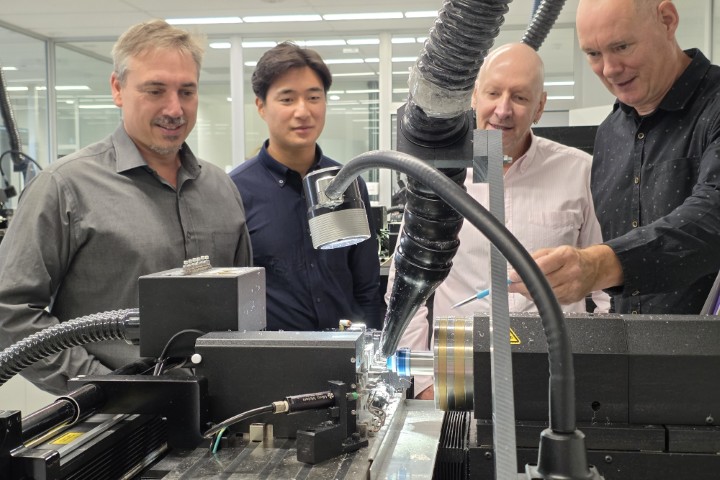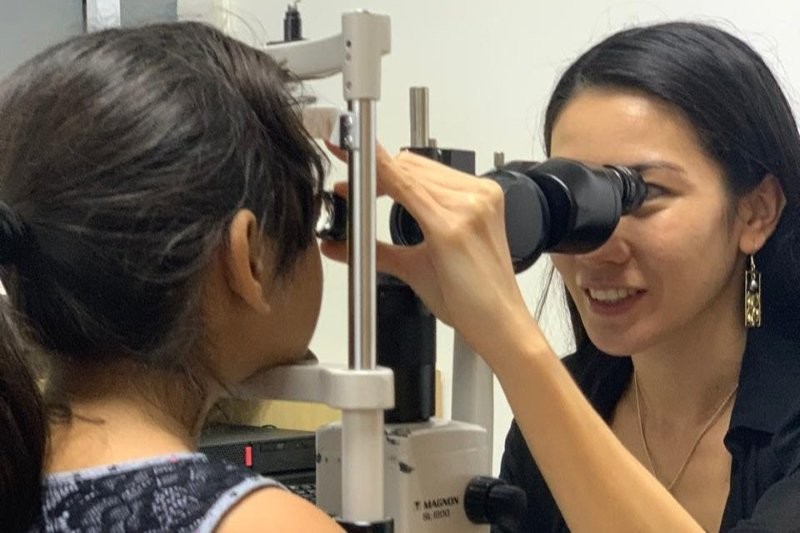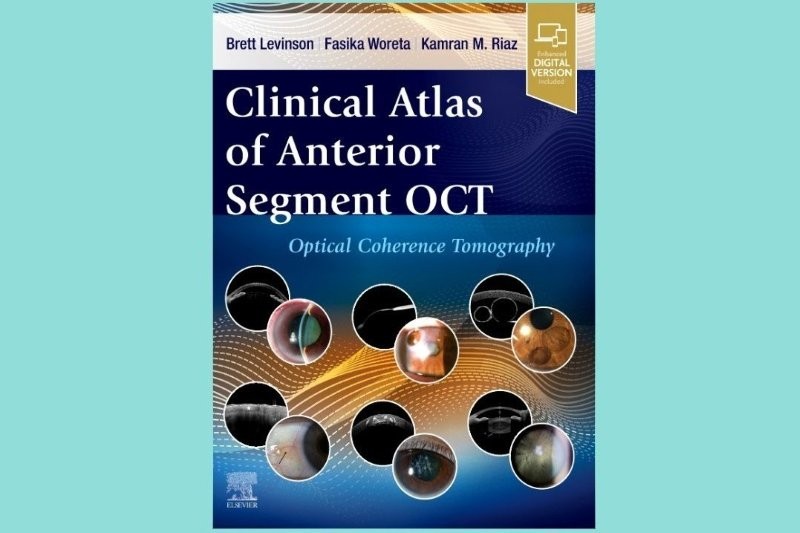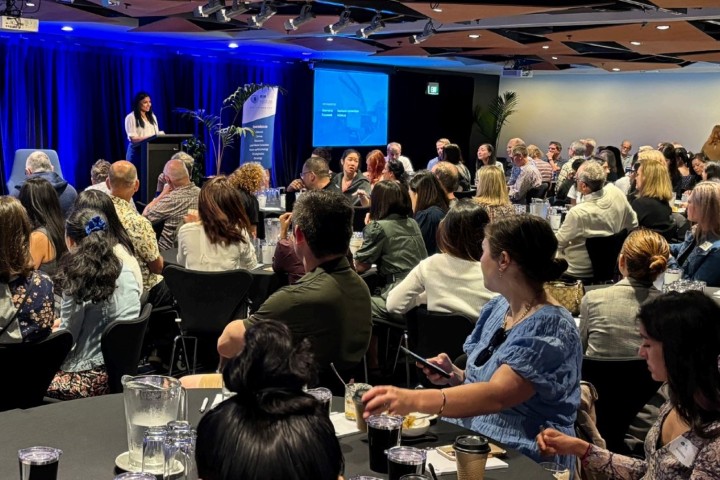To AREDS or not…?
The Age-Related Eye Disease Study (AREDS) study in 2001 and the AREDS2 study (2013), recommend that patients with intermediate stage age-related macular degeneration (AMD) supplement with a vitamin and antioxidant combination known as the AREDS formula. This can slow down progression to late disease. The story seems simple – the AREDS formula is recommended for those with intermediate AMD. But this is where it gets very interesting. Some researchers claim that by using genetic testing we can sort our patients into those who may benefit from taking the AREDS formula, those who may not and even those who may be worse off.
Over the last decade, AREDS data and data from further related studies have been analysed and re-analysed to see if this is so. A subsequent scientific publication found that certain mutations in CFH and ARMS2 genes alter a patient’s response. Following this publication, there has been a decade of to-and-fro conflicting scientific publications and media releases from very polarised sides of the debate. One commentator has likened it to a very heated game of tennis. One study found that zinc accelerates progression in patients with certain CFH gene mutations. Next, a research group claimed a re-evaluation of AREDS data showed no genetic influence on response; not only were the gene studies results wrong but they failed to be replicated. Then a new group re-analysed AREDS data and claimed that specific mutations do determine response.
The US National Institute of Health (NIH) stepped in to mediate. An AREDS data re-analysis was undertaken which found no genetic associations. The NIH stated that all patients with intermediate-AMD should take the AREDS formula. It was also then revealed that some members of the pro-genetic testing group work for a company selling AMD-genetic testing. The pro-genetic group volleyed back with their own claim that some AREDS group members benefit financially from AREDS formula sales, as does the NIH which owns the AREDS intellectual property. The American Academy of Ophthalmology then announced a further re-analysis of data, untainted by financial interests, which showed no link with genetics.
This year researchers from the pro-genetic side, apparently independent of financial conflict, published a study which found that a subgroup of patients with both CFH and ARMS2 mutations had a three-times greater risk of progression to wet-AMD if they took the AREDS formula. There were 802 patients in the study, but 503 were from re-analysed AREDS data and only 299 were new. Without going into detail, this re-analysis of old data, termed post-hoc analysis, is a statistical no-no.
So, who do we believe and what do we do?
If I am asked, “Should patients have genetic testing before taking the AREDS formula?” I can’t give a definitive answer. There does not appear to be a clear winner in the AREDS genetics debate. Although critical examination of the AREDS studies is to be applauded, and indeed has raised important questions around the veracity of study design, statistical analysis and conclusions, the debate on pharmacogenetics has been dirty, and conflicts of interest on both sides have been most unhelpful. To my mind, the AREDS formula would appear to slow down the progression of intermediate to late AMD. Both sides of the genetic debate at least agree on this point. But whether some patients, due to their genetic makeup, may benefit more or less, or even be harmed, remains an open question.
The debate is not yet over, but I believe that for now we must continue to recommend the AREDS formula.
About the author
Dr David Worsley is a medical and surgical retinal specialist at Hamilton Eye Clinic and Waikato Hospital with a particular interest in the rapidly evolving treatments for AMD. He is a trustee for Macular Degeneration New Zealand.


























